Mimicry: The First Step to Destruction
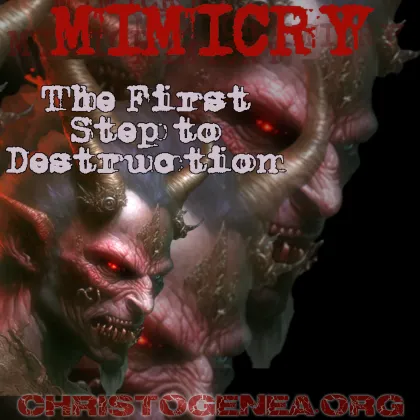
Mimicry: The First Step to Destruction, a review of and embellishment upon a speech by Joseph Goebbels
The mockingbird is a species of bird which is said to mimic the songs of other birds, and even the sounds of insects and amphibians. But at least mockingbirds nest and raise their own offspring. Yet another species of bird is the cowbird, which is found throughout the western hemisphere, and which lays its eggs in the nests of other species of birds, so that those other species would brood, raise and nourish its offspring. Here is a quandary: if we had to identify races of people with varieties of birds, the Jewish people have consistently exhibited both of these traits, those of the mockingbird and the cowbird, and others which are much more deadly. They mimic Whites so that they can creep into White society, they become entrenched, and then they behave in a manner which destroys their host society, or they themselves are destroyed. But at the same time, they also seek intermarriage with Whites, so they can greatly increase their own corrupt numbers for future generations, and diminish the growth of the true White population. So this evening we are going to present a speech by Joseph Goebbels titled Mimicry, which discusses aspects of this same dilemma, as well as presenting other materials in support of our own conclusions.
This speech is presented here as it is found translated and published by Randall Bytework of Calvin University, who is apparently the creator and maintainer of Calvin’s large German Propaganda Archive. Because of the tenor of the editorial comments at the Archive, we suspect that Mr. Bytework is hostile to our own cause, we have a right to counter his comments with comments of our own, and therefore we must assert that this presentation represents a fair use of his copyrighted material for non-profit academic purposes. That is something to which the copyright laws of these United States entitles their citizens. Doing so, we will add other materials which may elucidate both the text of Goebbels’ speech, the truthfulness of his words, and the result of a situation which he had witnessed as it had continued to develop after his lifetime.


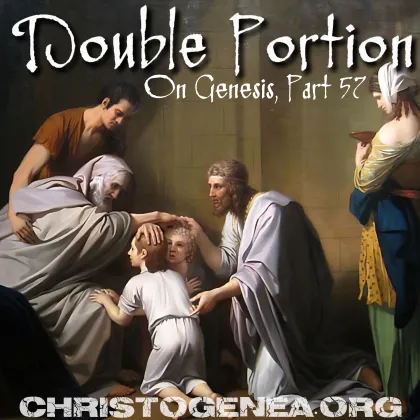
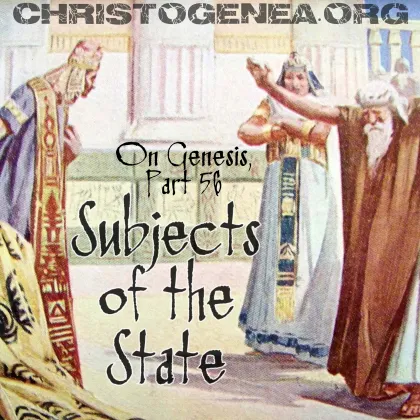
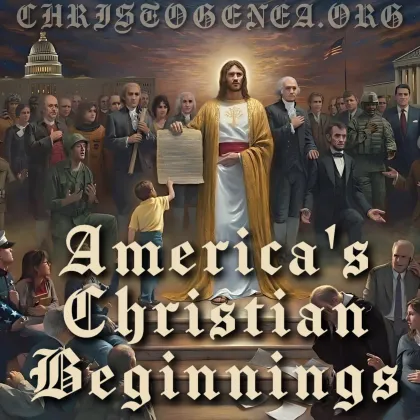
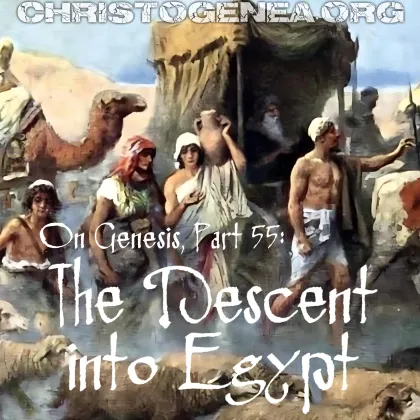
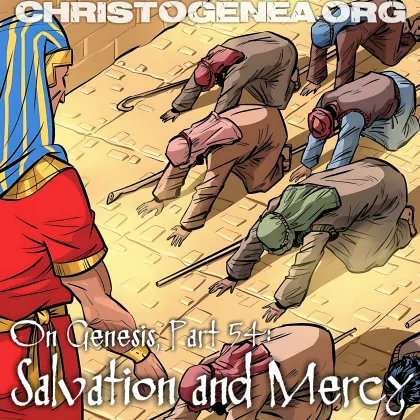
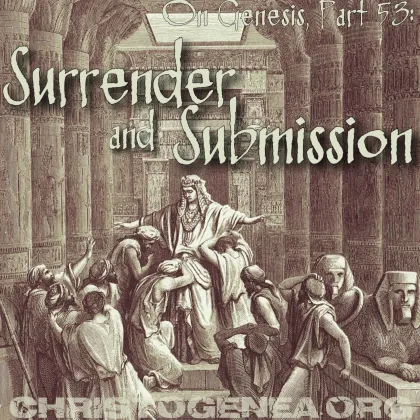

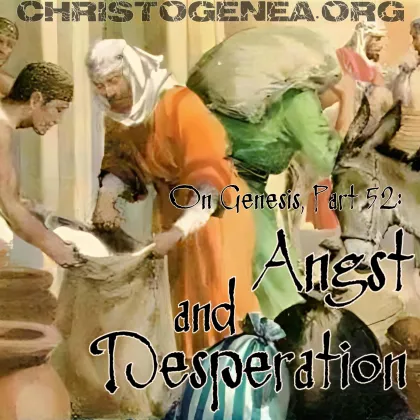

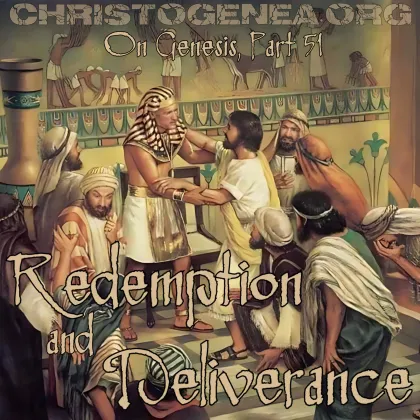
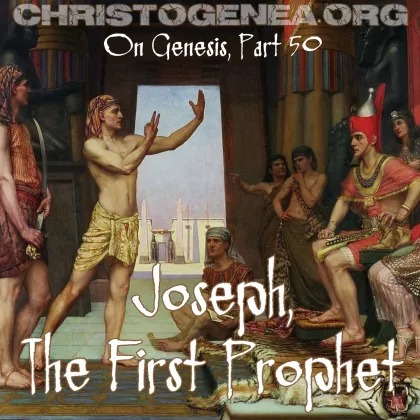
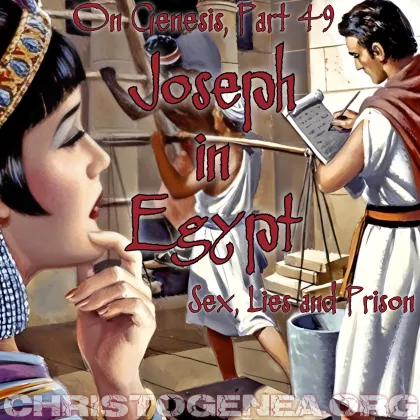
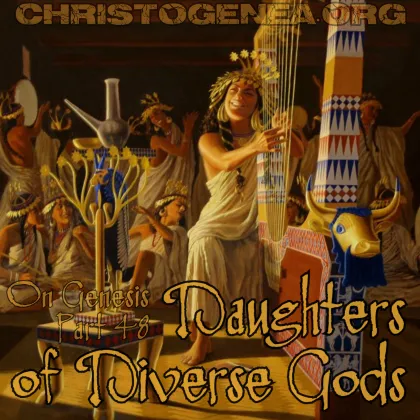
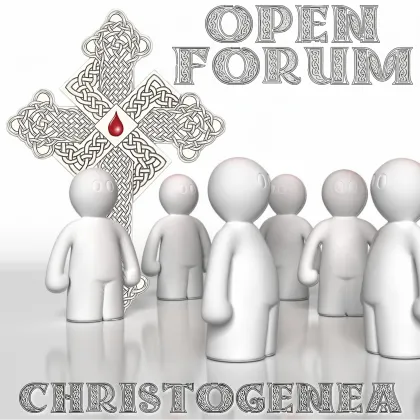
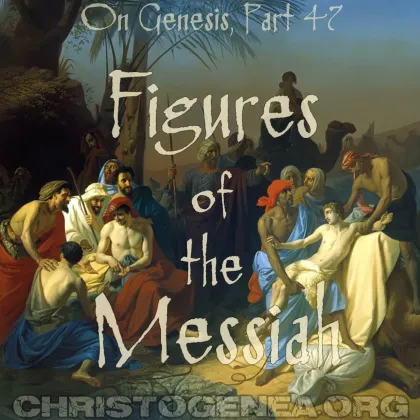
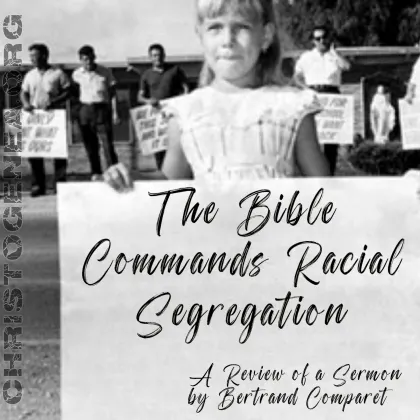
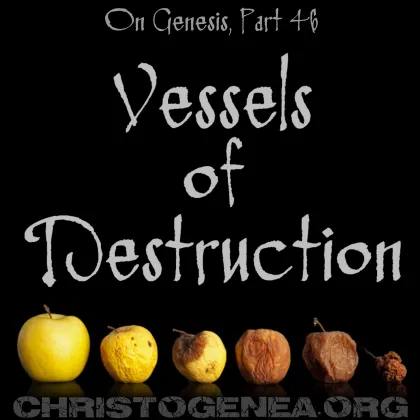
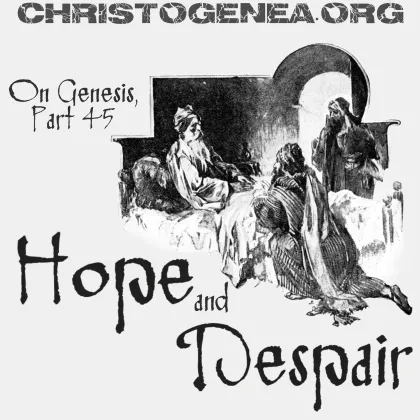




 Please click here for our mailing list sign-up page.
Please click here for our mailing list sign-up page.







